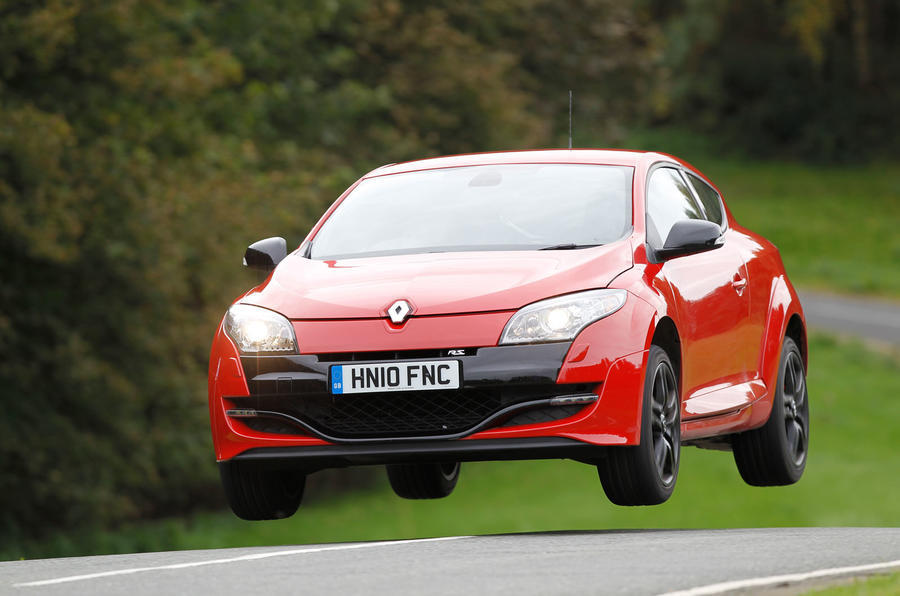If cars like the Ford Focus and Renault Mégane can be ditched, stalwarts of the streetscape for 26 and 27 years respectively, then we’re definitely entering a wholly different automotive industry.
Funnily enough, I was only thinking this morning about how many of the cars we all grew up with will no longer be around by the time the next generation learns to drive. Reference points that we all used to work off and that gave car conversations a common jumping-off point will no longer apply.
But you can’t ignore the data, especially when it comes to the Mégane. With only 793 UK sales in 2021, compared to 21,800 of the similarly soon-to-be-axed Focus, it was perhaps inevitable.
We never really embraced the Renault as much as its rivals in the UK. To me, it always maintained a decent, if not stellar, brand identity. My second car was a plain white Mégane 1.6 Alize - randomly, my dad won it in a competition after he bought a crane for shifting potato boxes around his farmyard - and I loved the comfort of the squishy seats and the compliant ride. Plus, it had air con, so among my mates in their clapped-out VW Polos, I was king.
The following generations maintained that ethos towards comfort and useability, with the nameplate even extending to the Mégane Scenic MPV. Given the chassis set-up, it was a logical exercise to umbrella the two strands together.
Amazingly, the hot RS versions never suffered from any dilution as a result of that family-friendly association, mainly because they were (largely) brilliantly engineered. Although it took a while to get the Mégane RS formula correct - the fat-bottomed one of the early 2000s had really rubbery steering that only a Trophy version fixed - ultimately they earned icon status, culminating in the madcap Megane RS Trophy-R with its £70k price-tag and strict diet.
I’ll miss that regularity of knowing that a new hatch was coming and that an RS version would shortly follow. It was a red letter day that you could set your highlights calendar to.






Join the debate
Add your comment
Car brand snobbery is very strong in the UK. The car is your social status and your sex appeal.
Amen. Witness the compliant hordes mindlessly flocking to the sea of gray entry-level German premum brands, so they can keep up with the Joneses. They trip over themselves to lease the most stripped down anemic series or A-Class just so they can say they flaunt the key fob badge at the pub.